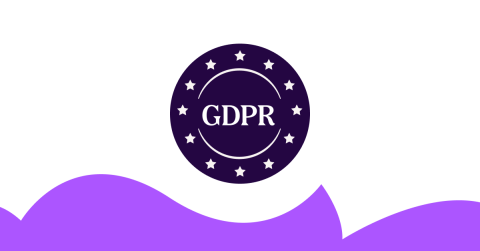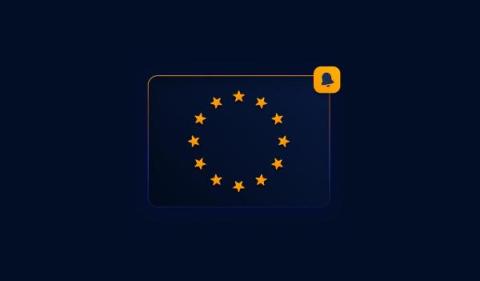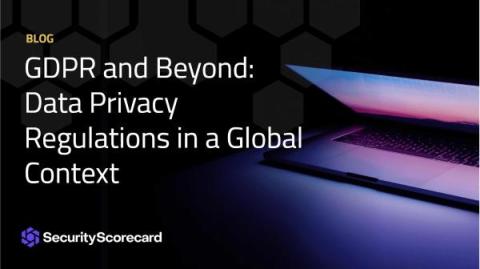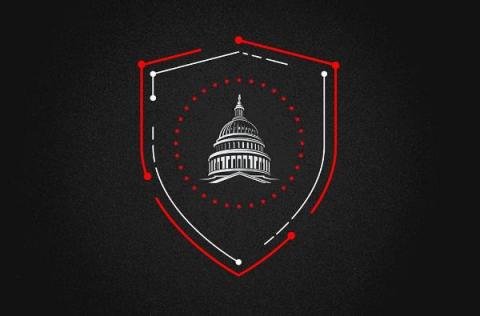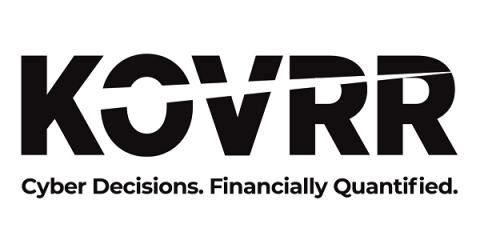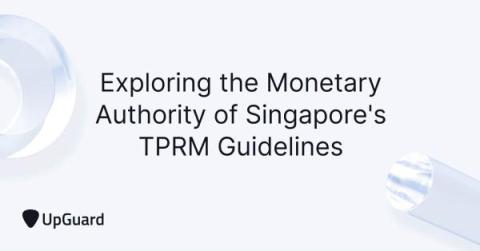How to make your website GDPR compliant
GDPR, or the General Data Protection Regulation, is a data privacy law that many businesses around the world need to comply with. If you’re operating a business or managing a website, it’s important to know how the law applies to you and your website’s data collection processes. In this blog post, we’ll answer some fundamental questions about GDPR and provide guidance on how to get your website GDPR compliant.


